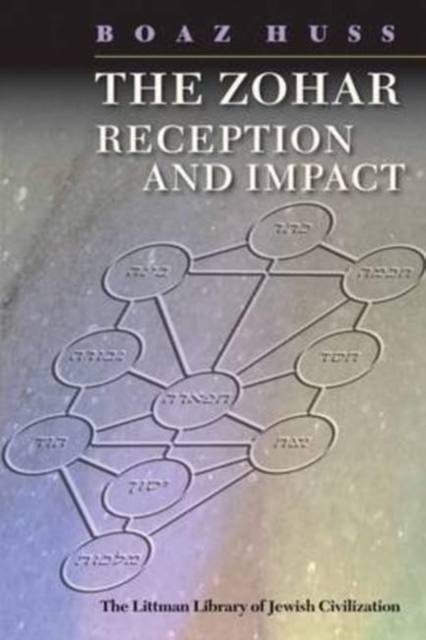
The Zohar: Reception and Impact Paperback / softback
by Boaz Huss
Part of the The Littman Library of Jewish Civilization series
Paperback / softback
Description
National Jewish Book Awards Finalistfor the Nahum N.
Sarna Memorial Award for Scholarship, 2016. From its first appearance, theZohar has been one of the most sacred, authoritative, and influential books inJewish culture.
Many scholarly works have been dedicated to its mysticalcontent, its literary style, and the question of its authorship.
This bookfocuses on different issues: it examines the various ways in which the Zoharhas been received by its readers and the impact it has had on Jewish culture,including the fluctuations in its status and value and thevarious cultural practices linked to these changes.
This dynamic and multi-layered history throwsimportant new light on many aspects of Jewish cultural history over the lastseven centuries. Boaz Husshas broken new ground with this study, which examines of the reception andcanonization of the Zohar as well as its criticism and rejection from itsinception to the present day.
His underlying assumption is that the differentvalues attributed to the Zohar are not inherent qualities of the zoharic texts,but rather represent the way it has been perceived by its readers in differentcultural contexts.
He therefore considers not only the attribution of differentqualities to the Zohar through time but also the people who were engaged inattributing such qualities and the social and cultural functions associatedwith their creation, re-creation, and rejection. For each historical period from the beginning of Zoharscholarship to the present, Huss considers the social conditions that stimulatedthe veneration of the Zohar as well as the factors that contributed to itsrejection, alongside the cultural functions and consequences of each approach. Because the multiple modes of the reception of the Zohar have had a decisiveinfluence on the history of Jewish culture, this highly innovative andwide-ranging approach to Zohar scholarship will have important repercussionsfor many areas of Jewish studies.
Information
-
Pre-Order
- Format:Paperback / softback
- Pages:392 pages
- Publisher:Liverpool University Press
- Publication Date:28/06/2024
- Category:
- ISBN:9781802075847
Information
-
Pre-Order
- Format:Paperback / softback
- Pages:392 pages
- Publisher:Liverpool University Press
- Publication Date:28/06/2024
- Category:
- ISBN:9781802075847










